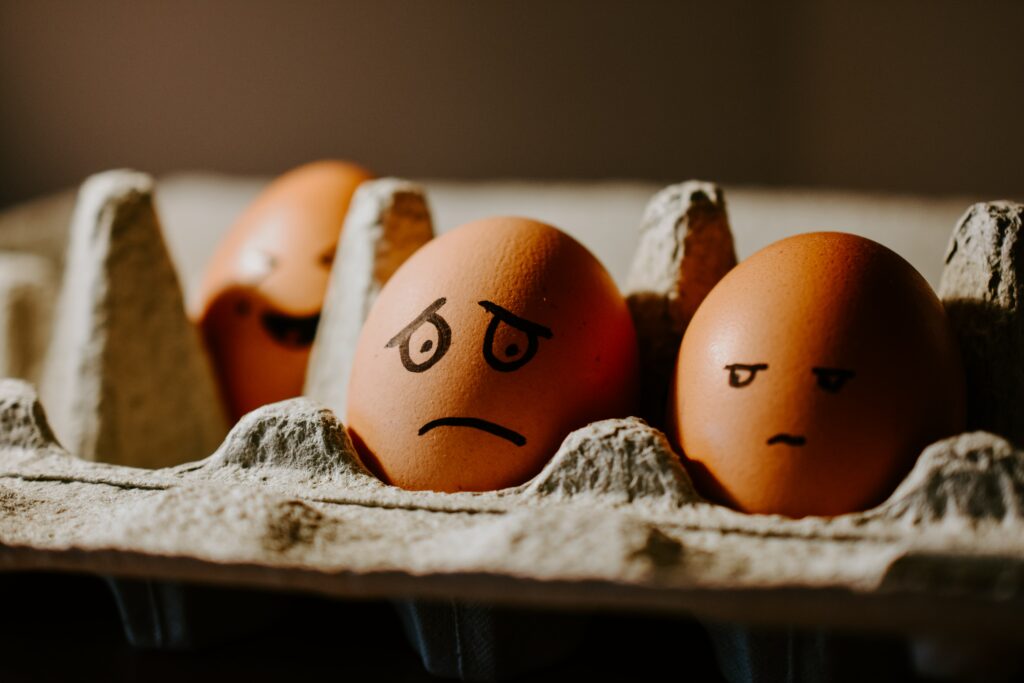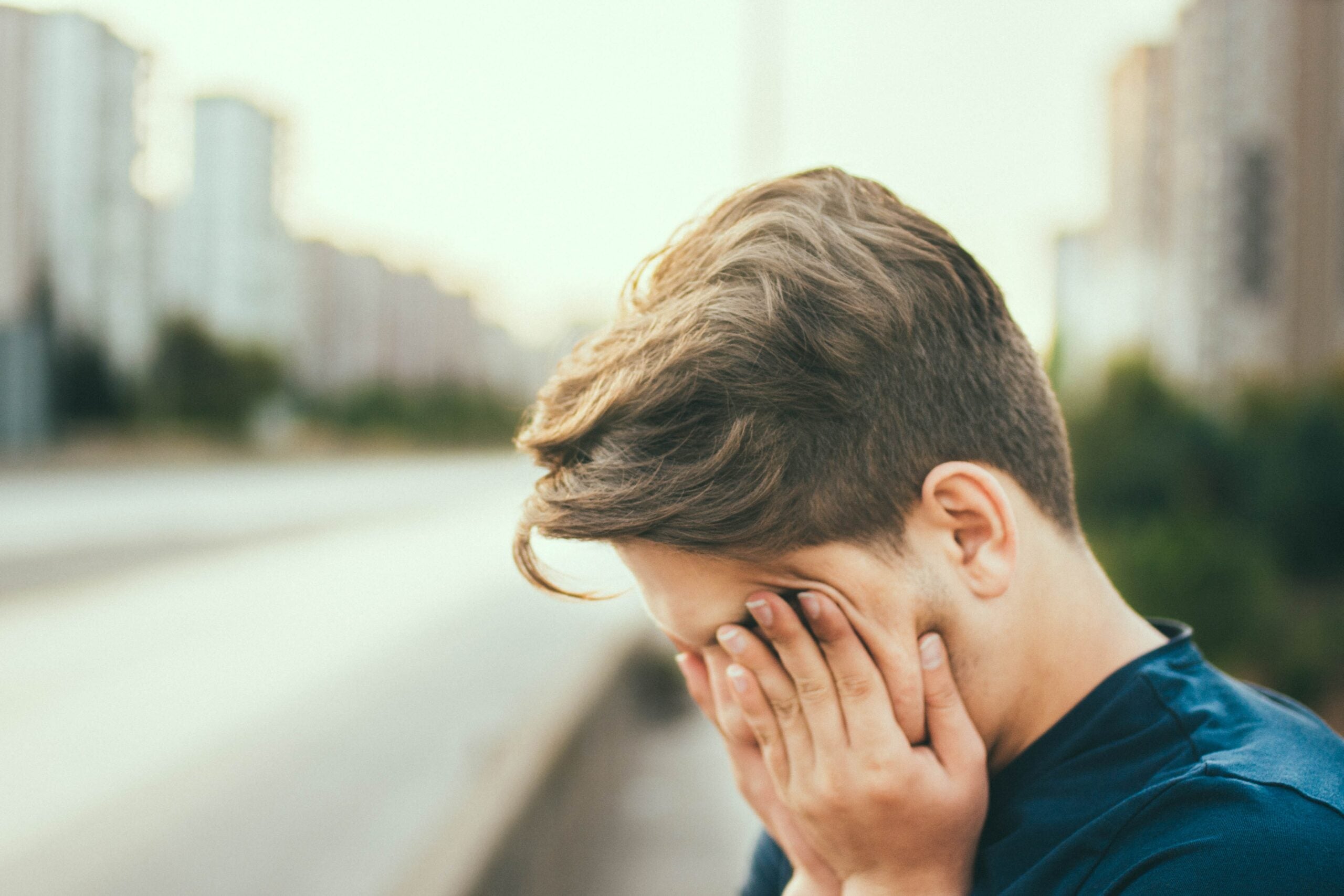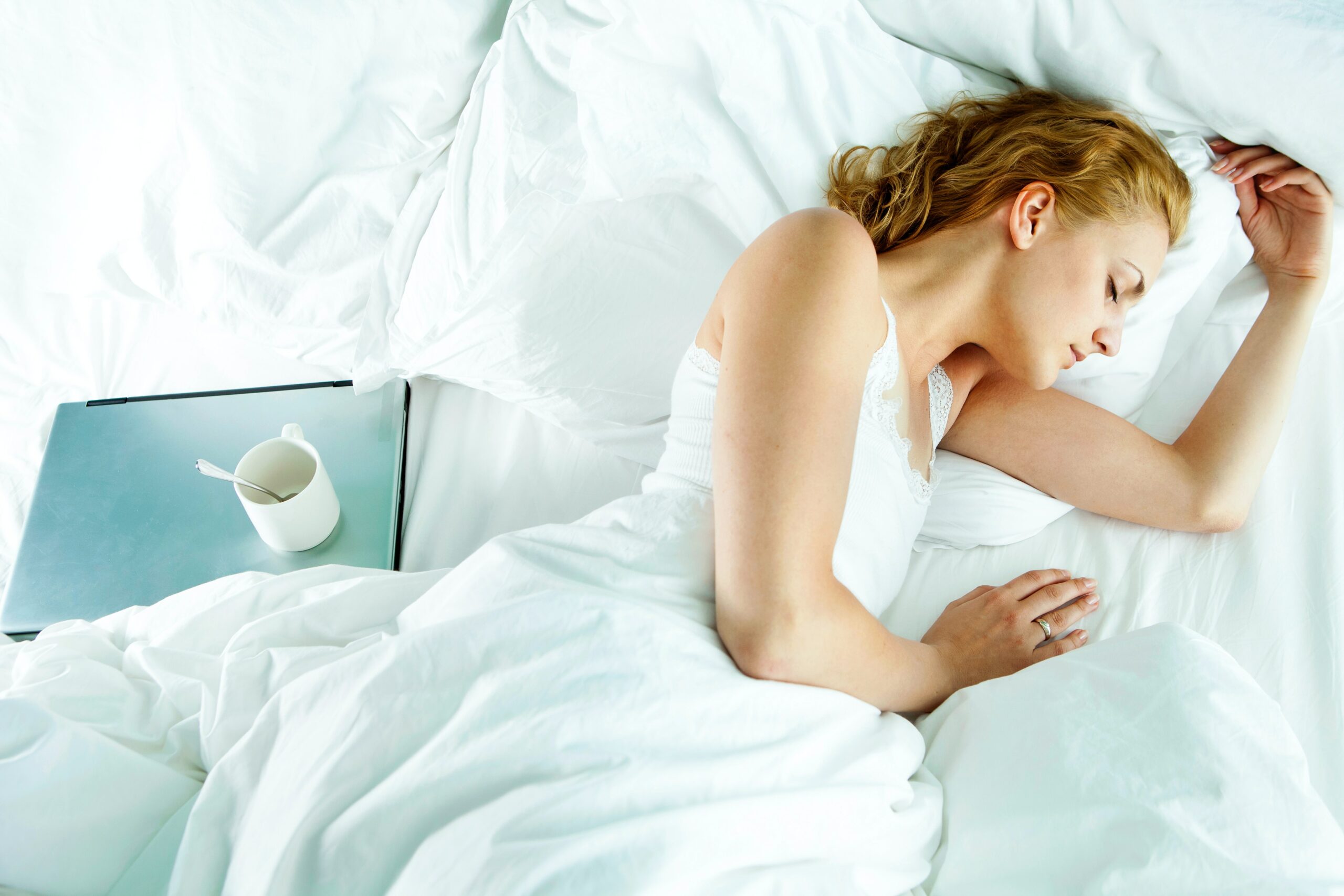Sleep deprivation is about more than just feeling tired. Being sleep deprived is a chronic condition that has long-term effects on your health and quality of life. It is not about one bad night, but a pattern of regular behaviour causing poor sleep. Prolonged deprivation can lead to serious and often fatal conditions such as heart disease. If you are suffering from a lack of good, consistent sleep, it is important to recognise the signs before any long-term damage is caused.
Signs of Sleep Deprivation
Mood Changes

Many of us are familiar with feeling cranky when we’re tired. When we’re sleep deprived, these bad moods can be much worse, and change more frequently. Chronic mood swings from lack of sleep causes you to feel less positive as well as worsening mental health issues, such as anxiety or depression. You may find yourself overreacting to events and setting yourself up to make poor emotional responses to problems.
Mental health issues make sleeping more difficult, which can be an endless cycle. It is important to try and nip your symptoms in the bud to make them more manageable, before they worsen. See our guide to putting yourself in a better mood before bedtime.
Memory problems

Struggling to remember things when you’re tired? It’s the consequence of your tiredness. Lack of sleep causes poor brain function. When you don’t sleep properly, your brain is much weaker at memory consolidation. This occurs when your brain creates pathways for new memories to be stored, which occurs mostly during REM sleep. Your ability to recall long-term and short-term memories is poorer when you’re tired.
Lack of Strength

Finding yourself struggling at the gym to do your usual exercise routine on a bad day? It’s not in your head – it’s probably sleep deprivation. If you often have to operate heavy machinery, perhaps as part of your job, this can be extremely dangerous and puts you at risk.
When you sleep, your body repairs its tissue and increases release of glycogen, the storage form of glucose, for muscle contraction. Lacking in these will cause you to feel weak when trying to lift heavy things, as well as poor recovery from physical exercises.
Bad Skin

Sleep deprivation can not only affect how you feel, but also how you look. Being sleep deprived can cause your skin to look worse, as well as break out more frequently. The deepest stage of the sleep cycle, REM sleep, is when your body tackles inflammation, including on your skin.
Consistent poor sleep will “increase in fine lines, uneven pigmentation and reduced elasticity in their skin”, according to dermatologists. The inability to have sleep that helps your body recover means your body will fail to release collagen. These will age the skin, as well as create issues such as dark circles and dry skin.
Impulsiveness

When you’re sleep deprived, your brain function is less attentive. When your brain function is lower, you’re more likely to make poor, impulsive decisions. These can be just silly mistakes when tired, or more reckless behaviour, depending on the person.
Research from scientists and psychologists concludes that when you’re tired, you often act before you have thought about said action properly. This is because your reaction to negative stimuli is more delayed through tiredness. Your inhibitions are lower and risks you’re less willing to take on a better day become far more tempting.
Feeling Unwell

If you find yourself always feeling like you have a little cold, it could be because of your sleep. Sleep is all about helping the body repair from a day’s damages, and your immune system is very much part of that.
One medical journal found that those regularly get less than seven hours of sleep were nearly three times more likely to catch a cold than those who got eight hours or more.







